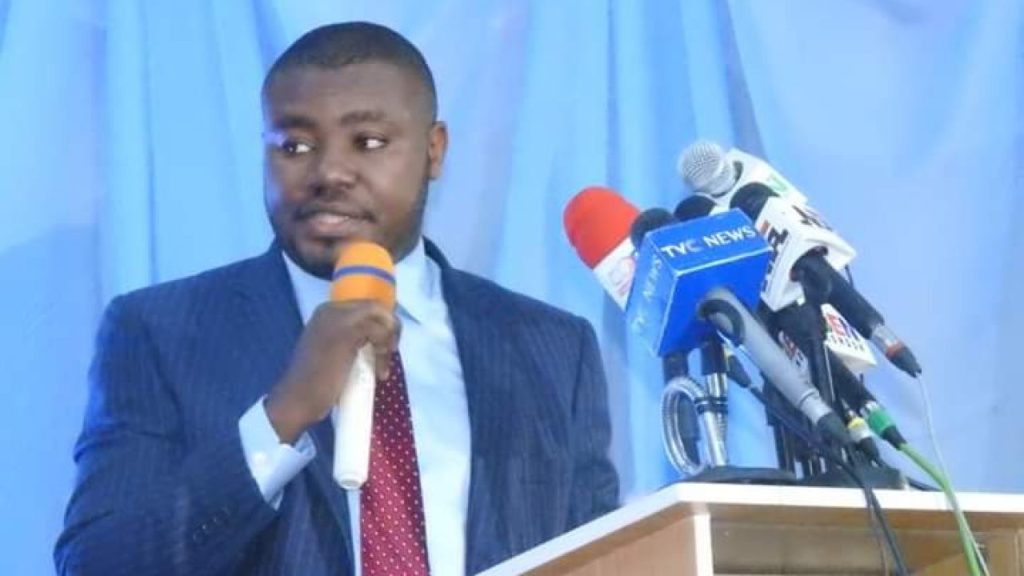The Abia State Government, led by Governor Alex Otti of the Labour Party, is considering borrowing to finance a substantial 71% of its 2024 budget. The budget, totaling N567.2 billion, was presented to the state assembly members on December 12.
In an in-depth analysis of the budget, the state disclosed its intent to generate N166,077,717,058 in revenue, derived from various sources including internally generated channels, the Federation Accounts Allocation Committee, and other avenues. This revenue projection represents 29% of the total budget expenditure. According to Statisense, the remaining 71% of the budget is earmarked to be funded through borrowing.
Notably, in June, the Special Adviser to Governor Alex Otti on Finance, Mike Akpara, revealed that the state currently carries a debt of N191,239,307,593.67 billion in domestic and foreign loans. Consequently, passing the proposed budget would lead to a significant surge in the state’s debt portfolio, reaching a record high.
The intention to borrow a substantial proportion of the budget raises pertinent questions about the state’s fiscal sustainability and the potential long-term impact on public finances. This move invites scrutiny regarding the management of the state’s resources and the strategies in place to ensure sustainable economic development.
This approach to budgetary funding underscores the need for transparent and accountable financial management, especially amidst the rising debt burden. It also prompts discussions on the state government’s plans to generate internal revenue, attract investments, and stimulate economic growth to reduce reliance on borrowing.
As Abia State contemplates this significant financial decision, it becomes imperative to evaluate the potential consequences and the mechanisms in place to prudently manage the state’s fiscal affairs.
In light of this, concerns regarding the debt-to-revenue ratio, debt service sustainability, and the impact on future generations come to the forefront. The deliberation on borrowing to fund the budget necessitates a thorough assessment of the state’s financial strategies and their alignment with sustainable economic development.
The 71% reliance on borrowing to finance the 2024 budget represents a pivotal juncture in the economic trajectory of Abia State and necessitates a nuanced examination of its implications for the state’s financial stability and long-term prosperity.



